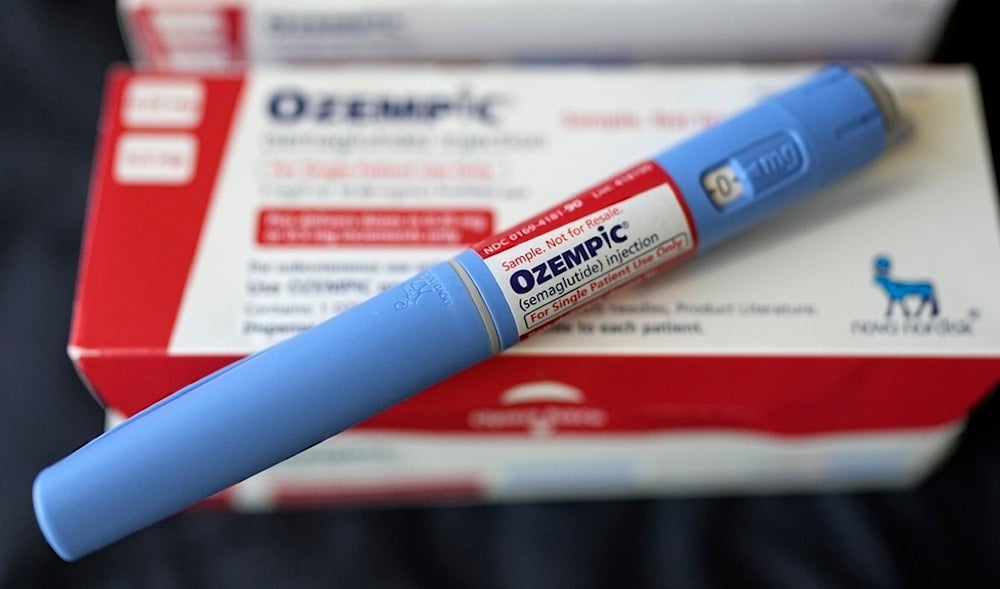UK investigates weight loss meds after spike in pancreatitis cases
UK health officials launch a study into GLP-1 medicines after hundreds of reports link drugs like Mounjaro and Ozempic to acute pancreatitis, with a focus on potential genetic factors.
-

The injectable drug Ozempic is shown Saturday, July 1, 2023, in Houston. (AP)
Hundreds of individuals in the UK have reported serious pancreas-related side effects linked to GLP-1 medicines used for weight loss and diabetes, prompting the Medicines and Healthcare products Regulatory Agency (MHRA) to launch an investigation.
The reports, collected through the MHRA’s Yellow Card scheme, have noted cases of acute pancreatitis, some of them fatal, after using medications like Mounjaro, Ozempic, Wegovy, and liraglutide.
The agency has received nearly 400 such reports, with tirzepatide (Mounjaro) alone accounting for 181 cases. In 2025, more than a quarter of the total reports were filed, including 22 linked to semaglutide (Ozempic and Wegovy) and over 100 involving Mounjaro.
An MHRA spokesperson confirmed the trend, saying, “Alongside increased usage, we are seeing an upturn in the number of Yellow Card reports mentioning GLP-1 medicines and acute pancreatitis.”
What is acute pancreatitis?
Acute pancreatitis is a sudden inflammation of the pancreas, often requiring hospitalization. It presents symptoms such as severe abdominal pain, nausea, and fever. Although GLP-1 medicines list pancreatitis as an “uncommon” side effect, affecting up to 1 in 100 patients, the growing number of cases has raised concern.
Mounjaro has been associated with the majority of recent pancreatitis reports. A spokesperson for Lilly, Mounjaro’s manufacturer, stated, “Patient safety is Lilly’s top priority. We actively monitor and evaluate safety information for all our medicines.”
Novo Nordisk UK, which makes Ozempic and Wegovy, echoed similar sentiments. “Like all medications, side effects can occur. The benefit-risk profile of our GLP-1 medicines remains positive, and we welcome new research to improve understanding.”
Both companies stressed the importance of using these drugs under medical supervision.
Genetic testing to understand side effects
To determine whether genetic factors contribute to the risk of acute pancreatitis, the MHRA is inviting patients to participate in the Yellow Card Biobank study, in collaboration with Genomics England. Participants will provide information and a saliva sample for genetic analysis.
“Sometimes genes can influence the side-effects an individual experiences when taking a medicine,” the MHRA stated. Although no direct genetic link is currently established, the agency aims to uncover potential correlations.
Dr Alison Cave, MHRA’s chief safety officer, highlighted the financial and medical toll of adverse drug reactions: “Almost a third of side-effects to medicines could be prevented with the introduction of genetic testing. Adverse reactions are estimated to cost the NHS over £2.2 billion annually in hospital stays.”
Read more: Weight loss drug on TikTok, Ozempic, raises concerns among doctors

 3 Min Read
3 Min Read








